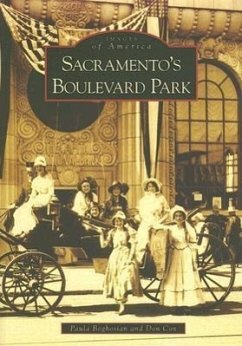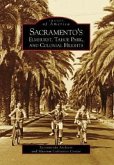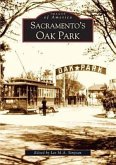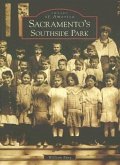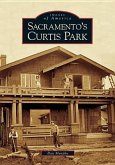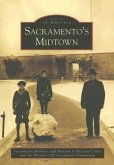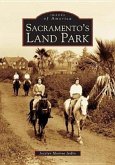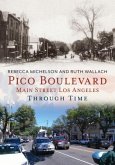Perhaps more than any other Central Valley community, Sacramento is changing so rapidly as to become almost unrecognizable. New hou si ng project s a nd ongoi ng redevelopment efforts have led to a decline in the original, elegant homes in this city. Thankfully, this is not the case in Boulevard Park! Preservationists and architectural historians have prevailed in this neighborhood to keep the Colonial Revival and Craftsman homes intact for the most part, even as the city around them grows as never before. Boulevard Park sits on the site of the old Union Park racetrack, where Edweard Muybridge's early experiments in motion picture technology (photographing Occidental, Leland Stanford's horse) were pioneered in the 1870s; the street signs here have a horse-andcarriage motif to honor those equine origins.
Hinweis: Dieser Artikel kann nur an eine deutsche Lieferadresse ausgeliefert werden.
Hinweis: Dieser Artikel kann nur an eine deutsche Lieferadresse ausgeliefert werden.

